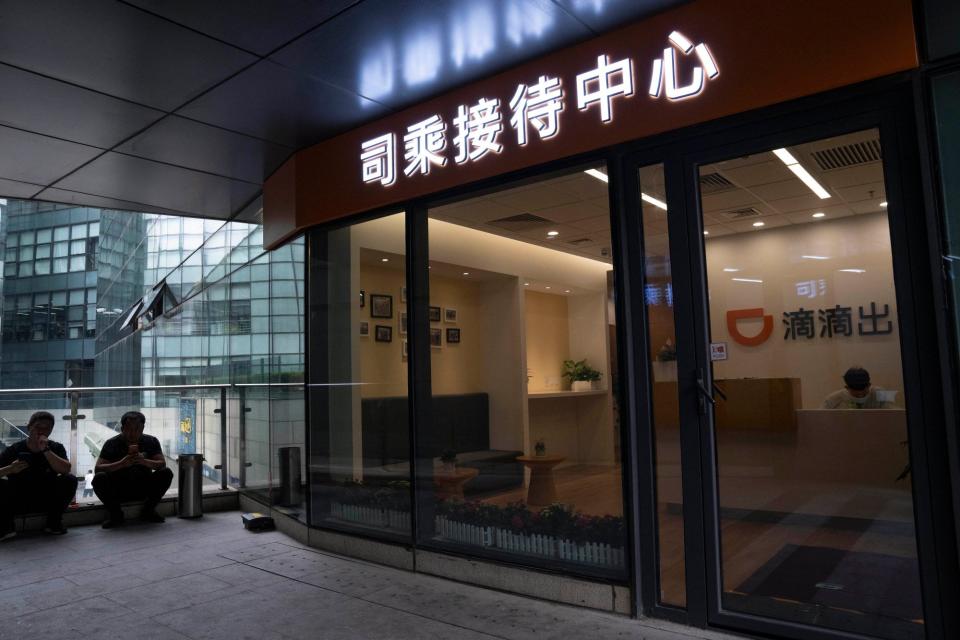Meituan, Didi Chuxing in the spotlight as China stresses rights of delivery, ride-hailing gig workers
The Chinese government is ordering online platforms to better protect the rights of the country's 200 million gig workers, including ride-hailing and food delivery drivers employed by the likes of Meituan and Didi Chuxing.
The Ministry of Human Resources and Social Security (MHRSS) released three new guidelines on Friday, stipulating how operators of delivery, ride-hailing, transport, and household services platforms should ensure that workers' salaries match local minimum wages, and provide them with time off.
The latest documents are an extension of a regulation published in 2021 that requires operators to meet minimum wage standards and provide social security access to their workers, who are mostly freelancers not protected by traditional employment contracts.
Do you have questions about the biggest topics and trends from around the world? Get the answers with SCMP Knowledge, our new platform of curated content with explainers, FAQs, analyses and infographics brought to you by our award-winning team.
Since then, authorities have conducted in-depth research and found that "pronounced problems" still exist in the industry, including excessive working hours, lack of clarity in the adoption of minimum wage standards, and the need to offer wider channels for rights protection, according to a statement by the MHRSS.

A Didi Chuxing service counter for drivers in Beijing. Photo: AP Photo alt=A Didi Chuxing service counter for drivers in Beijing. Photo: AP Photo>
The new guidelines state that platforms should send push notifications through their apps to remind workers to take a break if they have been working longer than the maximum hours agreed between the employer, labour union and employees.
The rules also stressed that companies should listen and respond to complaints from their workers.
Gig workers in China are grappling with declining pay and job security amid weakened consumer demand and a saturating market.
As of last April, each ride-sharing vehicle in Dongguan city in southern Guangdong province was completing nine orders a day on average, a nearly 20 per cent decline from the end of 2022, according to the municipal transport authority. Average daily income dropped by 3 per cent to 261 yuan (US$36) in the same period.
Beijing has repeatedly pushed for enhanced protection for gig workers.
In 2022, the government summoned representatives from companies, including Didi and Meituan, at least twice to lecture them on workers' interest. In January this year, the MHRSS said it would offer more public services for gig workers, such as vocational training and information on job vacancies.
Leading industry players have been boosting incentives for contractors. Meituan said some of its delivery riders will receive extra pay of 10,000 yuan this month for working during Lunar New Year, while Didi said it set aside 300 million yuan to compensate drivers who worked overtime in the holiday period.
This article originally appeared in the South China Morning Post (SCMP), the most authoritative voice reporting on China and Asia for more than a century. For more SCMP stories, please explore the SCMP app or visit the SCMP's Facebook and Twitter pages. Copyright © 2024 South China Morning Post Publishers Ltd. All rights reserved.
Copyright (c) 2024. South China Morning Post Publishers Ltd. All rights reserved.

 Yahoo Finance
Yahoo Finance 